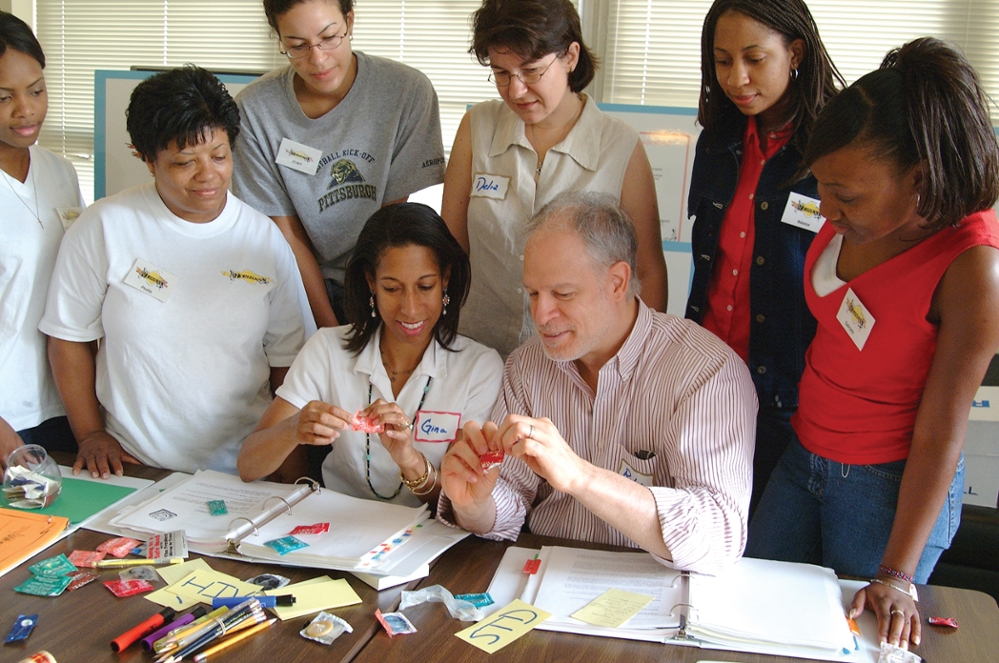Science Advance: A Community-based Participatory Research Approach to HIV/AIDS Risk Reduction

HIV/AIDS affects African-American men and women disproportionately, accounting for over 40% of new U.S. infections. Supported by the Atlanta Clinical & Translational Science Institute’s (ACTSI) Community Engagement Research Program (CERP), Elleen M. Yancey, PhD, associate clinical professor, Department of Community Health and Preventive Medicine and Department of Psychiatry and Behavioral Sciences, Morehouse School of Medicine (MSM), and her colleagues at the MSM Prevention Research Center developed an educational intervention to help heterosexual African-American men and women avoid exposing themselves to HIV and other sexually-transmitted infections. The intervention, called the HIV/AIDS Risk Reduction among Heterosexually Active African-American Men & Women: A Risk Reduction Prevention Project (HIV-RAAP), uses a community-based participatory research (CBPR) approach and was published in the American Journal of Health Behavior.
HIV-RAAP teaches ways to develop effective communication and sexual negotiation between African-American men and women – critical HIV/AIDS prevention skills. It is a seven session class that addresses behaviors and beliefs related to HIV risk behavior among African-American men and women. The sessions create an environment for men and women to jointly express opinions and thoughts related to HIV/AIDS and to learn ways to reduce risk. HIV-RAAP assists African-American men and women to understand the gender and cultural contexts of their sexual relationships by addressing communication, power, control, and trust issues. For more information on the intervention or to participate, contact Dr. Yancey.
The goal of CBPR is to achieve equality in community-academic partnerships addressing health disparities such as HIV/AIDS. Healthy communities require the sustained efforts of diverse civic and community organizations. Individuals who live and work in those communities must participate. The efforts of healthcare professionals who partner with communities to address the communities’ health concerns are also needed. These are all elements of CBPR. “The research is an applied example of community-based participatory research. The process is very strongly promoted through our CERP activities and philosophy, including our jointly taught Emory/MSM Master of Science in Clinical Research (MSCR) course that addresses health disparities reduction,” said Dr. Yancey, HIV-RAAP principal investigator.